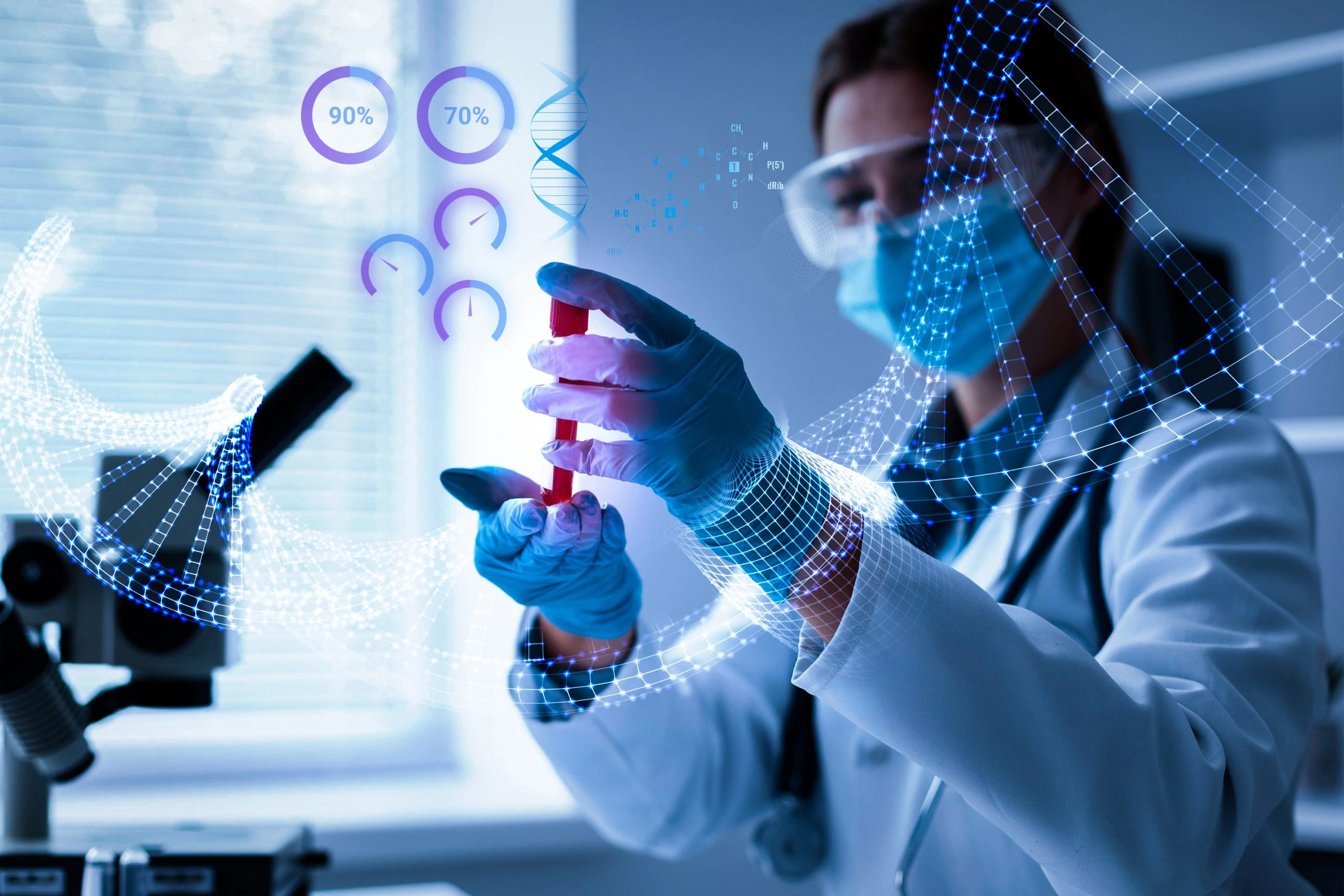
Biomedical Sciences & Biotechnology: The Future of Healthcare and Innovation
Biomedical Sciences and Biotechnology are two rapidly advancing fields at the intersection of biology, technology, and medicine. These disciplines play a crucial role in medical advancements, disease diagnosis, drug discovery, and the development of innovative therapies. With the increasing demand for personalized medicine, regenerative therapies, and biopharmaceuticals, both fields are paving the way for groundbreaking solutions to global health challenges.
What is Biomedical Sciences?
Biomedical Sciences focuses on understanding human biology, disease mechanisms, and medical research to improve health outcomes. It combines aspects of biology, physiology, pharmacology, and pathology to study diseases and develop effective treatments. Professionals in this field contribute to medical diagnostics, laboratory research, and the development of new medical technologies.
What is Biotechnology?
Biotechnology involves the application of biological systems and organisms to develop useful products and technologies. It encompasses genetic engineering, molecular biology, and bioinformatics to create solutions in healthcare, agriculture, and environmental sciences. From developing vaccines and gene therapies to biofuels and genetically modified crops, biotechnology has a vast range of applications.
Key Areas of Biomedical Sciences & Biotechnology
1. Medical Biotechnology
-
Development of vaccines and biologics
-
Stem cell and regenerative medicine
-
Precision and personalized medicine
2. Pharmaceutical Biotechnology
-
Drug discovery and development
-
Biopharmaceutical production (monoclonal antibodies, insulin, etc.)
-
Pharmacogenomics (study of drug response based on genetics)
3. Genetic Engineering & Genomics
-
CRISPR and gene-editing technologies
-
Human genome sequencing
-
Gene therapy for genetic disorders
4. Bioinformatics & Computational Biology
-
Analysis of biological data and sequencing
-
AI and machine learning applications in healthcare
-
Personalized drug design using computational models
5. Regenerative Medicine & Tissue Engineering
-
3D bioprinting of tissues and organs
-
Stem cell therapies
-
Artificial organ development
Career Opportunities in Biomedical Sciences & Biotechnology
Graduates in these fields have a wide range of career options in research institutions, pharmaceutical companies, healthcare organizations, and biotechnology firms. Some of the key career paths include:
-
Biomedical Scientist – Conducts research on diseases and medical conditions.
-
Biotechnologist – Develops biotech-based products in healthcare and agriculture.
-
Clinical Research Associate – Oversees clinical trials for new drugs and treatments.
-
Genetic Counselor – Provides genetic risk assessments for inherited conditions.
-
Bioinformatics Analyst – Uses computational tools to analyze biological data.
-
Regulatory Affairs Specialist – Ensures biotechnology products meet legal and safety requirements.
-
Medical Laboratory Scientist – Conducts diagnostic tests and medical research.
Emerging Trends in Biomedical Sciences & Biotechnology
-
CRISPR and Gene Editing – Revolutionizing genetic therapy by modifying genes to treat hereditary diseases.
-
Artificial Intelligence in Healthcare – AI-driven diagnostics, drug discovery, and patient care improvements.
-
Personalized Medicine – Treatments tailored to individual genetic profiles for maximum efficacy.
-
Synthetic Biology – Engineering biological systems for industrial and medical applications.
-
Nanomedicine – Use of nanoparticles for targeted drug delivery and cancer treatment.
-
Organoids and Lab-Grown Organs – Development of artificial organs for transplantation and research.
Challenges in the Field
While Biomedical Sciences and Biotechnology offer immense potential, they also come with challenges:
-
Ethical Concerns – Gene editing and stem cell research raise ethical dilemmas.
-
Regulatory Hurdles – Strict regulations impact the speed of medical advancements.
-
High Costs – Research and development in biotechnology require significant investment.
-
Biosecurity Risks – Potential misuse of genetic engineering and synthetic biology.
Conclusion
Biomedical Sciences and Biotechnology are reshaping the future of healthcare, offering innovative solutions for diseases and medical challenges. With ongoing advancements in genetics, regenerative medicine, and AI-driven research, these fields hold promise for improving human health and extending life expectancy. As technology continues to evolve, professionals in these disciplines will play a crucial role in transforming medicine and biotechnology for generations to come